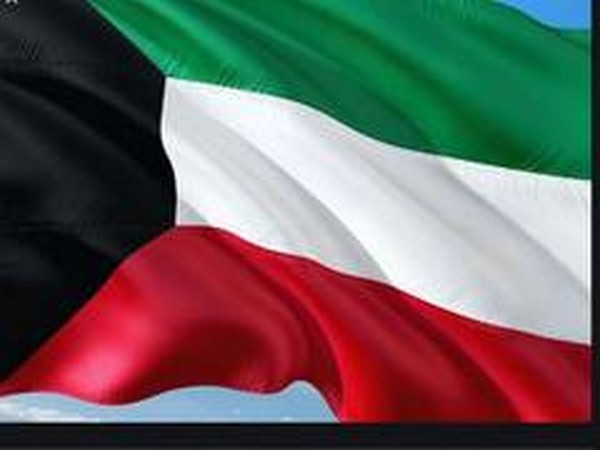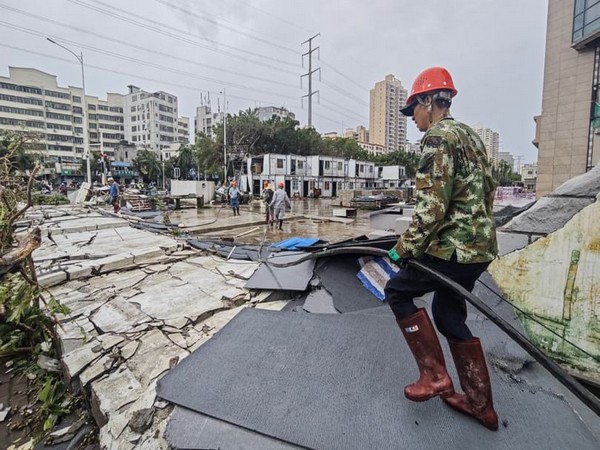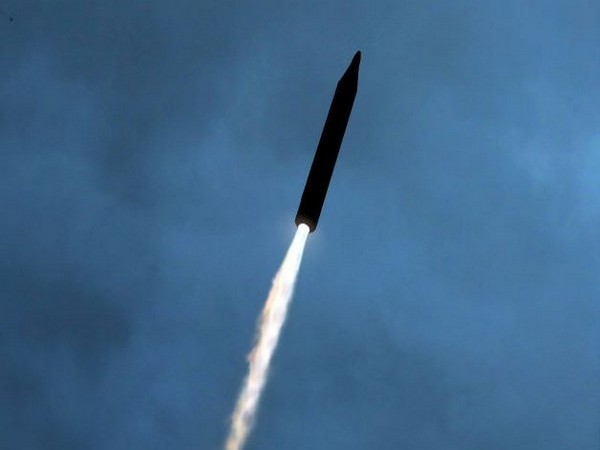
Kuwaiti women play crucial role in state building
Mar 09, 2023
New York [US], March 9: Minister of State for Women and Childhood Affairs Mai Al-Baghli hailed has Kuwaiti women's role in state building and development as pivotal. They were also on the frontline during the coronavirus pandemic, the minister said at a special UN Security Council session themed 'Women, Peace and Security: Towards the 25th anniversary of Resolution 1325' in New York.
Al-Baghli, also Minister of Social Affairs and Community Development recalled with pride, Kuwaiti women bravery and sacrifices during the Iraqi invasion. She affirmed that Kuwait attached great importance to the advancement and empowerment of women as well as to promoting and protecting their rights. Kuwaiti women are making more gains year after year, since they obtained their political rights, she clarified.
"Today, I consider myself a living example of the gains achieved by Kuwaiti women. I am participating in this session not only as a Minister of Social Affairs and Community Development, but also as a Minister of State for Women and Childhood Affairs, which is a new ministerial post in Kuwait," she said, adding that "this shows that the Kuwaiti political leadership is giving priority to women rights and empowerment and is interested in boosting women's important role in the state renaissance and development in line with the Kuwaiti constitution provisions and the New Kuwait 2035 Vision".
Al-Baghli indicated that the important UNSC session coincided with the International Women's Day, which is an opportunity to highlight women achievements around the world and vital role in all political, economic and social sectors. "It also reminds us that there are still more to be done at the national, regional and international levels to empower women; protect their rights and ensure that their voices are heard and their participation in the decision-making process is guaranteed; and to reduce the gender gap," she stressed.
The Kuwaiti minister lauded the UNSCR 1325 which set the agenda for women, peace and security more than two decades ago and the subsequent related nine UNSC resolutions. She pointed out that these resolutions became a basic pillar for international multilateral action in conflict prevention and settlement, societies renaissance and advancement in social, economic, developmental and political fields.
"History testifies that even though women are always the first victims of wars, conflicts, security, social, economic, political and even climate crisis, they have proven and demonstrated over time that they are able to withstand difficulties and play prominent and essential roles in preventing and resolving conflicts, building and maintaining peace as well as in humanitarian responses to crises, reconciliation, mediation and reconstruction efforts," she affirmed.
Al-Baghli underlined that women's participation had positive impacts on political and peace-building efforts, as reports showed that that women's participation increases the likelihood that peace agreements would stand for more years and be more sustainable. In this regard, Kuwait was keen on inviting representatives of Yemeni women to take part in the peace negotiations it hosted in 2016 under the auspices of the United Nations, she said.
She emphasized Kuwait's supports for women participation in all political negotiations in the region and around the world. The Security Council adopted resolution 1325 on women and peace and security on 31 October 2000. It reaffirms the important role of women in the prevention and resolution of conflicts, peace negotiations, peace-building, peacekeeping, humanitarian response and in post-conflict reconstruction and stresses the importance of their equal participation and full involvement in all efforts for the maintenance and promotion of peace and security.
Resolution 1325 urges all actors to increase the participation of women and incorporate gender perspectives in all United Nations peace and security efforts. It also calls on all parties to conflict to take special measures to protect women and girls from gender-based violence, particularly rape and other forms of sexual abuse, in situations of armed conflict. - KUNA
Source: Kuwait Times









